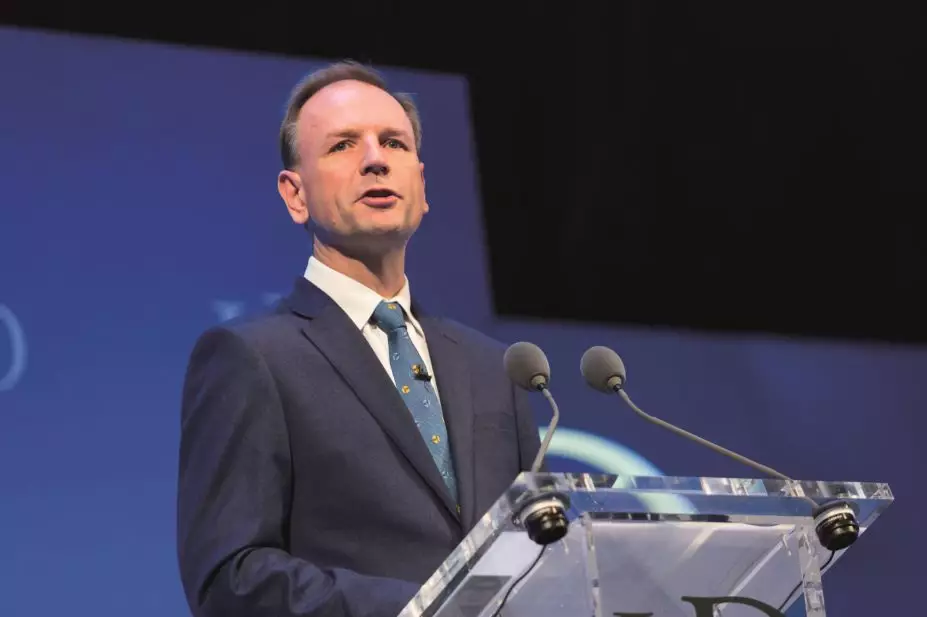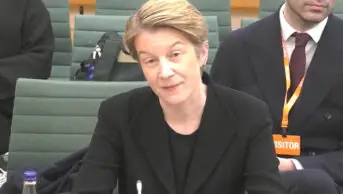
Courtesy, NHS England
NHS England chief executive Simon Stevens has announced the creation of eight ‘accountable care systems’ (ACSs), which will see local NHS organisations work more closely together, often with social care services and the voluntary sector, in different parts of the country.
NHS England hopes ACSs will be another move towards genuinely integrated working, and they come as the next step on from the development of vanguards and the creation of sustainability and transformation partnerships (STPs).
Blackpool and the Fylde Coast will be one of the new ACSs, and Community Pharmacy Lancashire chief executive officer Kath Gulson said that because her local pharmaceutical committee (LPC) had ‘embedded’ itself in discussions to develop local STPs, it had also been heard as the new ACS was drawn up.
“Our key strategy has been to get in right at the beginning and then influence not just the thinking but also the pre-thinking,” she said.
“We have attended a lot — and I mean a lot — of meetings, so we have made those connections and we know that our voice is listened to. We have supported the working groups in what they are trying to deliver so that pharmacy is seen as a good resource in their thinking.
“It does mean we had to invest a huge amount of time, and it has taken up a lot of our LPC resource.”
More freedom for ACS areas
The other seven ACS areas are: Frimley, South Yorkshire and Bassetlaw, Nottinghamshire, Dorset, Luton with Milton Keynes and Bedfordshire, Berkshire West and Buckinghamshire.
It is expected that West, North and East Cumbria and Northumberland will join the group of ACSs later in the year.
NHS national bodies will give these areas more freedom to make decisions over how the health system operates in their area, and they will be able to take more control over funding available for transformation programmes.
Nottinghamshire LPC chief officer Nick Hunter, who has two ACSs within his patch, said he was cautious of what progress the ACSs will make and what effect they will have on pharmacists on the ground.
“What we have seen so far has been very high level, but we don’t know how it is going to be delivered.”
And he said the LPC had very different experiences in working on the development of local STPs, which led to the two ACSs, because one STP is led by a local authority director of social services with a consequent focus more on primary care, and the other is led by a hospital chief executive, with the emphasis more on secondary care.
You may also be interested in

NHS England to commission whooping cough vaccination service through community pharmacies

Foundation trainees need experiential placements in hospices to help manage an ageing population
